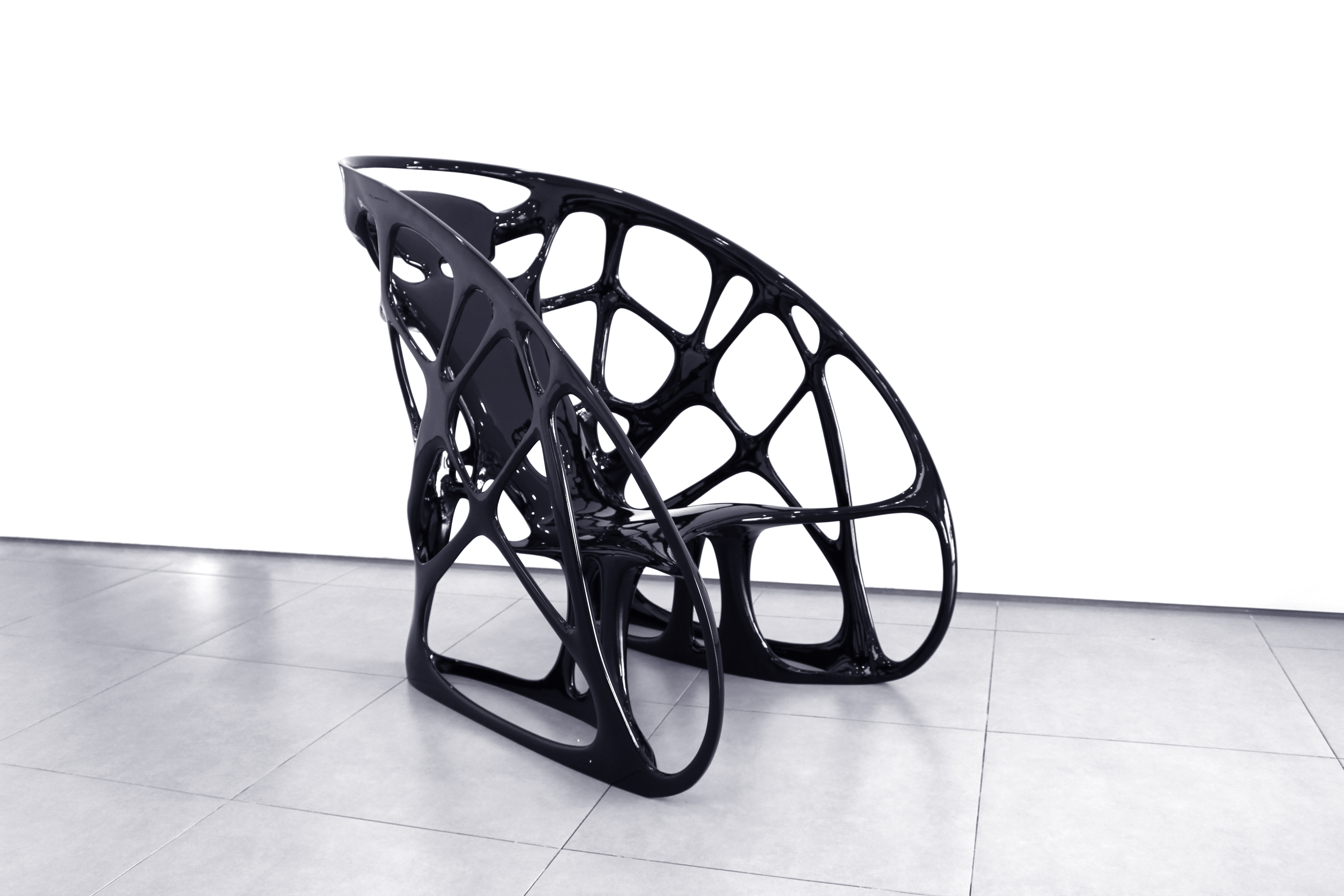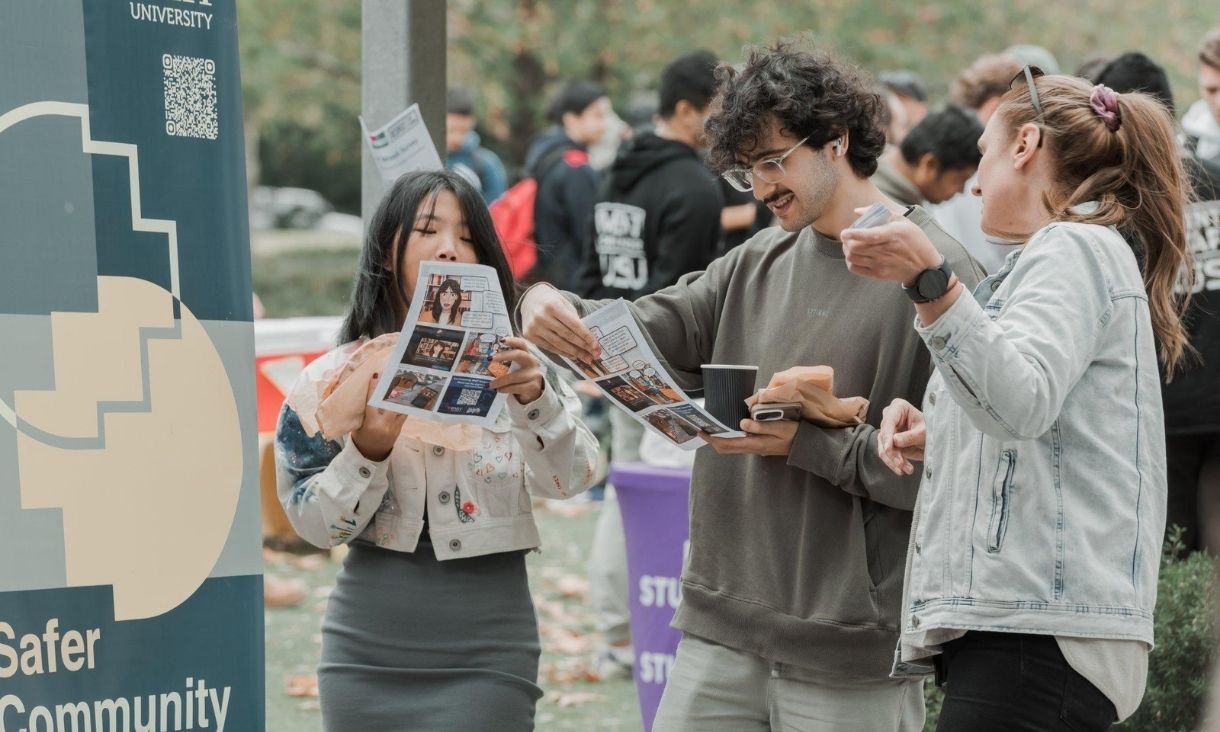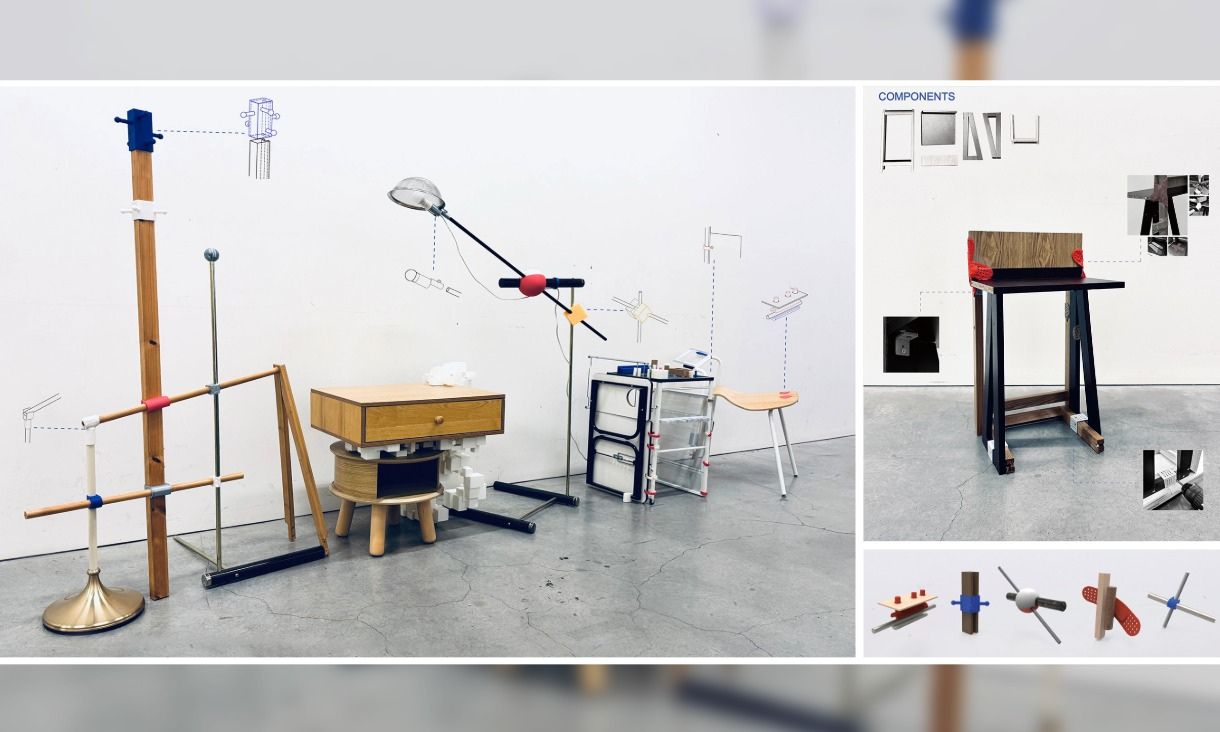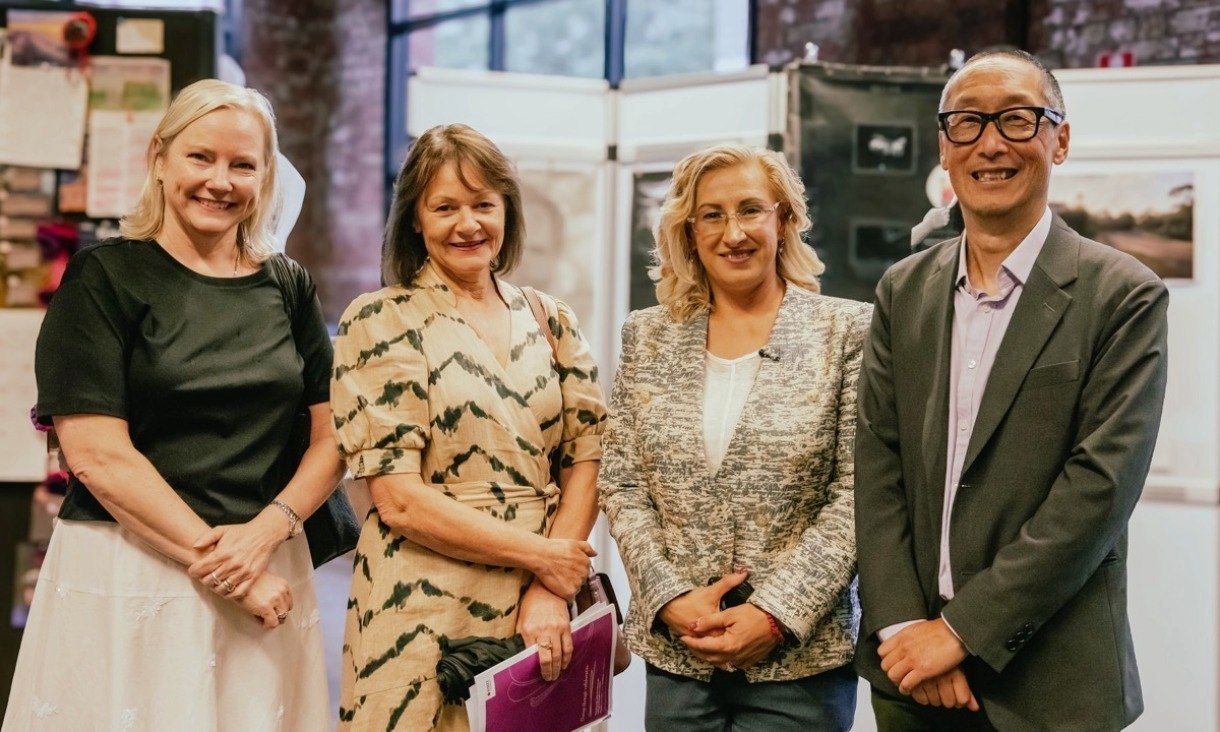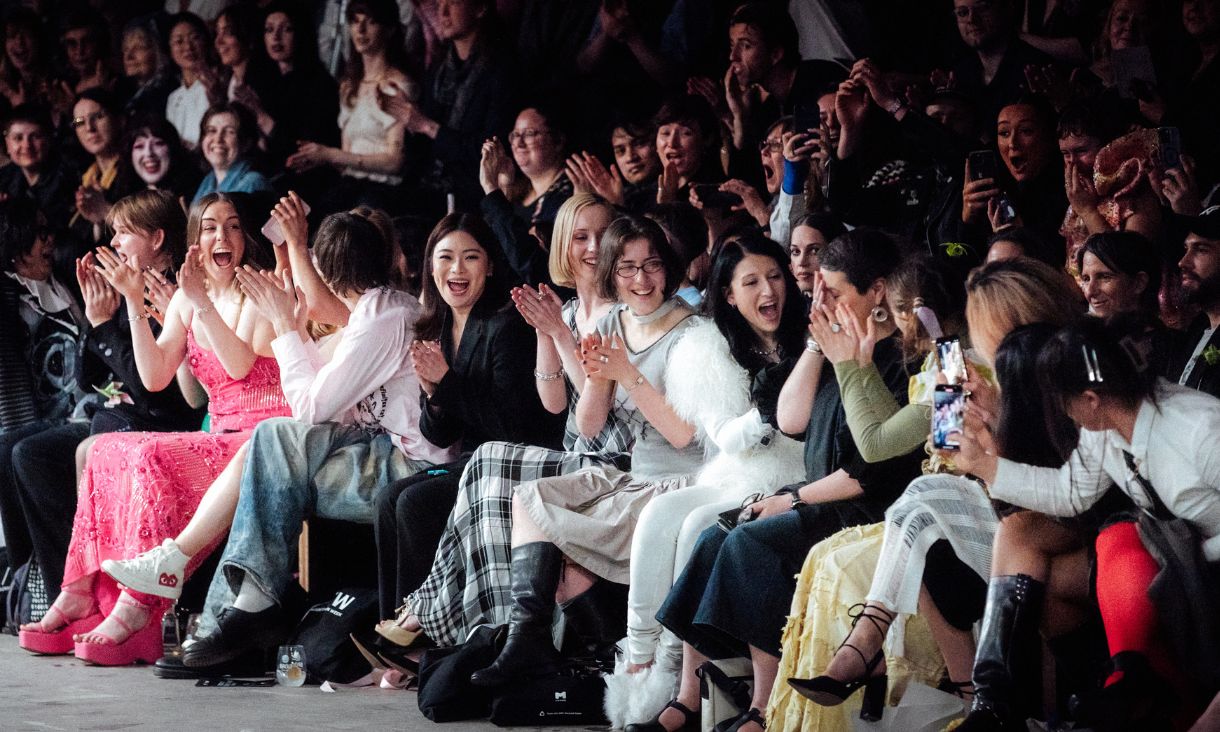Marking the International Day of Women and Girls in Science 2026: RMIT earns final two SAGE Cygnet Awards
On the International Day of Women and Girls in Science, RMIT is proud to announce it has achieved its final two SAGE Cygnet awards, recognising the University's leadership in advancing gender equity, inclusion and safety.
RMIT student wins Best in Category at Victorian Premier’s Design Awards
A sustainable furniture system using digital fabrication techniques and repurposed furniture waste has won Best in Category for Student Design at the Victorian Premier’s Design Awards alongside over twenty RMIT-affiliated projects recognised at this year’s awards.
Life-changing prison exchange program up for national innovation prize
A partnership with Corrections Victoria allowing incarcerated people to study a subject on crime and justice together with students from RMIT University has been recognised for its positive impact.
RMIT takes centre stage at Melbourne Fashion Week 2025
Students, PhD candidates, staff and alumni from the University's School of Fashion & Textiles featured across a range of events at Melbourne’s signature fashion event.

